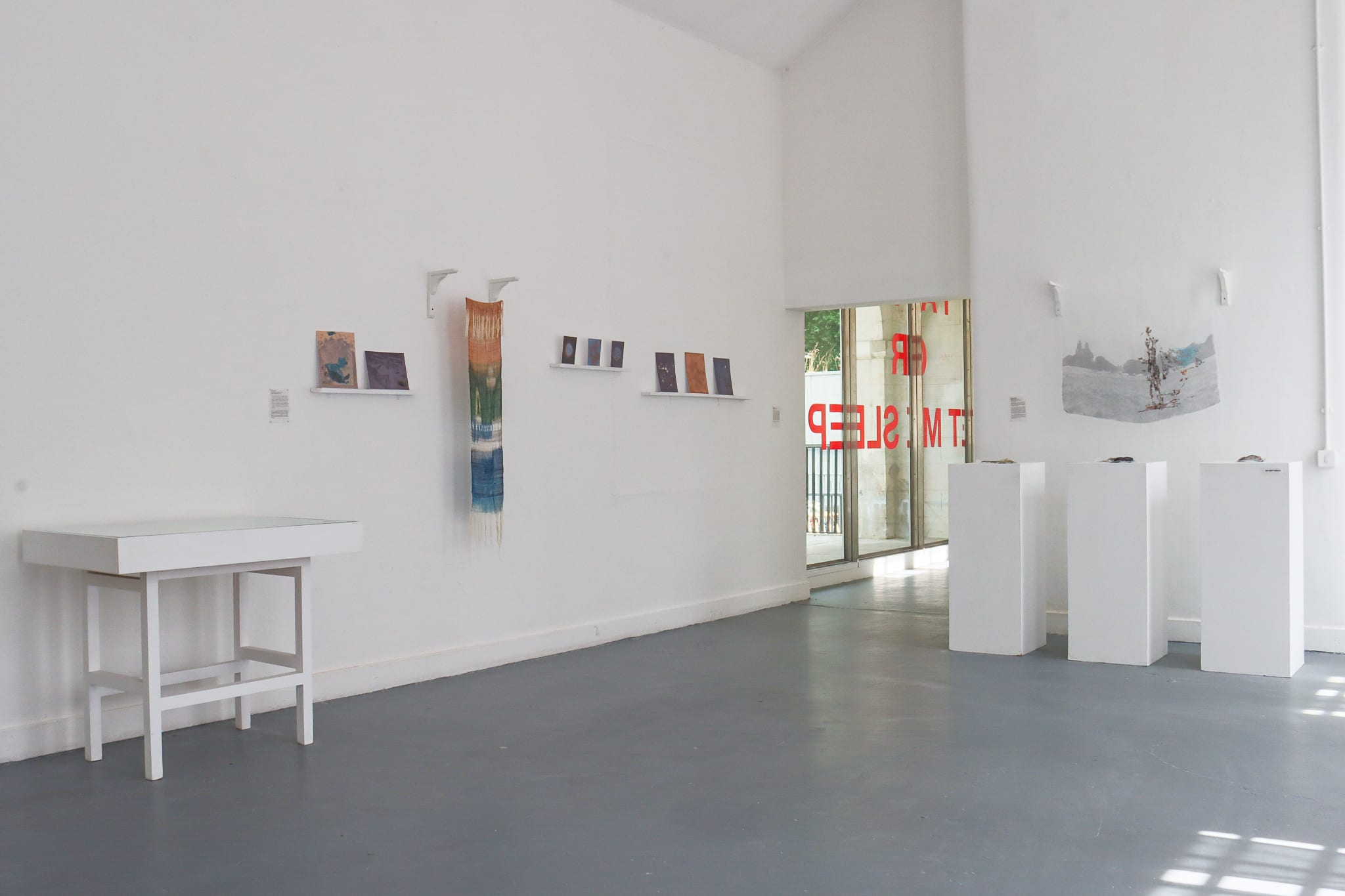Course units
Unit 1: Introduction - Global curatorial practices, histories and collections
This unit is an introduction to your course, the College and the University. You'll broaden your understanding of key issues in the global curatorial field. You'll develop skills and knowledge necessary for a sustained curatorial practice. You'll explore curatorial approaches to reinterpreting objects and practices. You'll look at how curators work with living artists, designers and other creative practitioners.
Learning will take place through theoretical sessions, collections studies, methodological workshops and visits to galleries, museums, archives and collections. You'll consider sustainability and equity in curating, social justice, decolonial and feminist perspectives. Academic and language support classes will help you develop your writing and presentation skills.
Unit 2: Production - Curating, contexts, collaboration
You'll spend Unit 2 working in a selection of Curatorial Research Labs. Working with other students you’ll use existing physical and digital collections and archives. You'll learn a step-by-step process of devising a research and curatorial development plan.
Professional Practice sessions will increase your industry knowledge. You'll look at key curatorial working practices as well as equity and inclusivity in the cultural field. The sessions will also provide you with transferable practical skills in project development, writing and criticism, finance and fundraising, production and communications.
Working in groups you’ll curate and produce interventions using archival sources from across UAL collections. You’ll also engage with industry partnerships. You’ll draw from these to develop a proposal for your Unit 3 self-directed practice.
Unit 3: Synthesis - Self-directing your practice
This final self-directed unit takes place off-campus. With the support of an Advisor, you will identify an appropriate organisation, collection or network for your work. You’ll develop your final project in relation to this chosen site. This could be in-depth research into a particular aspect of its work, a self-initiated work experience opportunity, a project proposal or critical reflection from a curatorial perspective. You’ll focus on developing the skills to communicate and show your work. You’ll present your project at the Curators’ Assembly at Chelsea College of Arts towards the end of the unit.
Note: 120 Credits must be passed before the final unit is undertaken.





